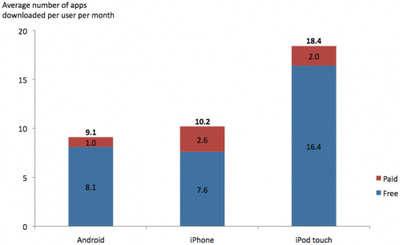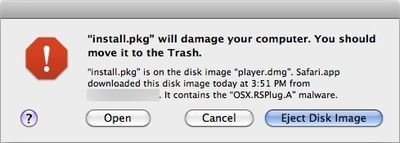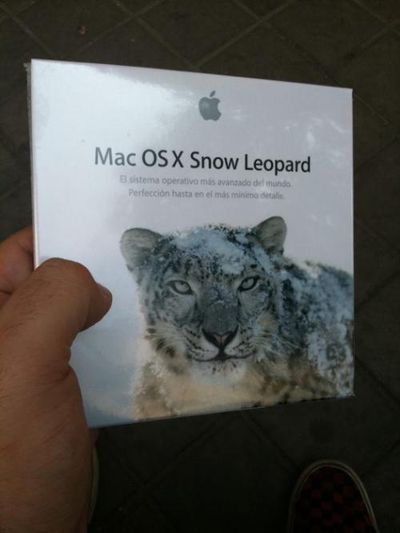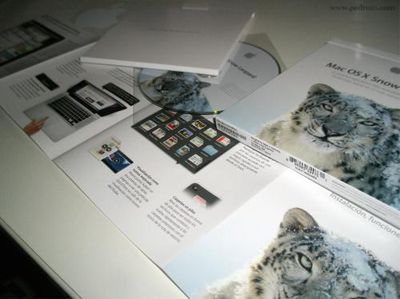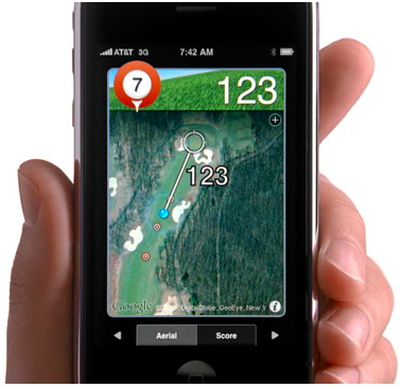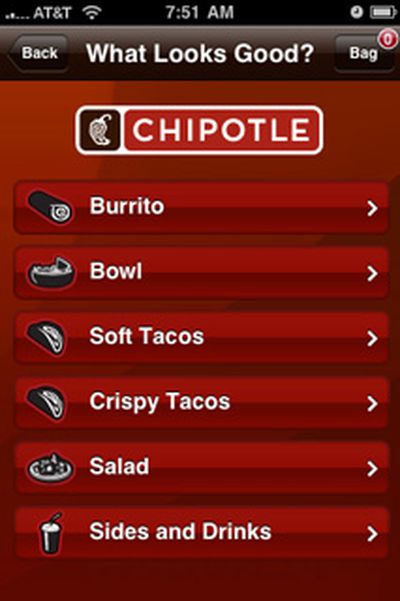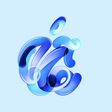With Friday's launch of Mac OS X Snow Leopard right around the corner, official reviews of Apple's latest operating system began rolling out last night.
One of the most interesting tidbits comes from Walt Mossberg of The Wall Street Journal, who reports that the $29 Snow Leopard upgrade advertised by Apple as being only for current Leopard users will in fact install on systems currently running Tiger. Apple's official policy is that Tiger users are required to purchase the Mac Box Set, which includes iLife '09 and iWork '09 in addition to Snow Leopard, for $169.
And, for owners of Intel-based Macs who are still using the older Tiger version of the Mac OS, Apple is officially making Snow Leopard available only in a "boxed set" that includes other software and costs $169. The reasoning is that these folks never paid the $129 back in 2007 to upgrade to Leopard. But here's a tip: Apple concedes that the $29 Snow Leopard upgrade will work properly on these Tiger-equipped Macs, so you can save the extra $140.
Overall, Mossberg found some nice new features in Snow Leopard, including Apple's new auto-correct for text, location-based automatic time zone updating, and "video screenshots" for recording on-screen actions. He also found, however, a number of bugs and glitches. Primarily related to third-party software and drivers, those bugs resulted in some frustration, leading Mossberg to provide Snow Leopard with only a lukewarm endorsement.
Apple already had the best computer operating system in Leopard, and Snow Leopard makes it a little better. But it isn't a big breakthrough for average users, and, even at $29, it isn't a typical Apple lust-provoking product.
Other reviews from around the Internet include:
David Pogue, The New York Times:
Let's hope that Apple hurries up with its inevitable 10.6.0.1 update, too, to address the occasional Safari crash and cosmetic glitch I experienced, too.
Otherwise, if you're already running Leopard, paying the $30 for Snow Leopard is a no-brainer. You'll feel the leap forward in speed polish, and you'll keep experiencing those "oh, that's nice" moments for weeks to come.
Andy Ihnatko, Chicago Sun-Times:
Impressive and important, it's an update that will revitalize your existing Mac even though you'll be stumped for a quick five-minute demo that convinces the people around you that much of anything has changed at all.
Jason Snell, Macworld:
Granted, it's a collection of feature tweaks and upgrades, as well as under-the-hood modifications that might not pay off for users immediately. But the price of upgrading is so low that I've really got to recommend it for all but the most casual, low-impact Mac users.
Jason Parker, CNET:
Overall, we think that Snow Leopard did almost everything Apple says it set out to do: it refined and enhanced Leopard to make it easier to use. Though the system performs well in everyday use, many of our tests indicate it is slightly slower than the older version of Leopard in more intensive application processes. Still, we highly recommend upgrading for all the new features and Microsoft Exchange support.


